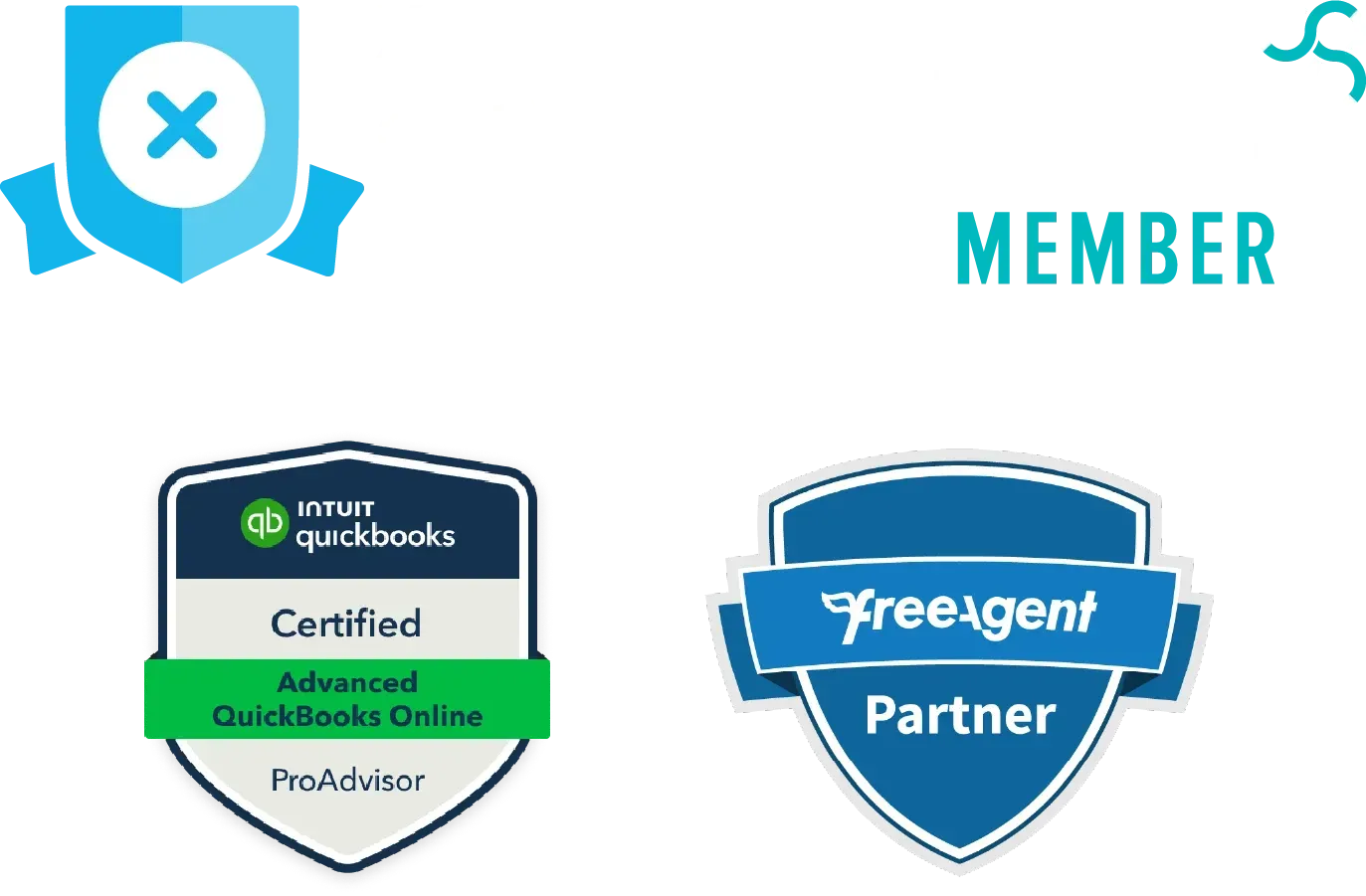SPOTLIGHT ON: Keeping Your Wealth Ahead of Inflation
Keeping Your Wealth Ahead of Inflation: Practical Tips That Work
Even though inflation isn’t as sky-high as it was in 2022, it’s still quietly chipping away at the value of your money. The Consumer Price Index was 3.4% in May 2025, which might not sound like much—but over time, it adds up. If something costs £1,000 today, it’ll likely cost £1,034 a year from now if inflation keeps ticking along at this pace.
Whether you’re a business owner, investor, or just trying to make your money work harder, this is something worth paying attention to. The good news? You’ve got tools at your disposal to help beat inflation—especially if you use tax allowances wisely and keep your savings and investments organised.
Let’s break it down.
📌 Know Your Tax-Free Limits
Tax allowances can do a lot of the heavy lifting when it comes to protecting your money. The UK tax system gives you several shelters, from ISAs to pensions, that can help you grow your savings tax-free or tax-efficiently.
Here are a few of the big ones for 2025/26:
- Personal Allowance – £12,570
Income below this is tax-free. Starts to taper once income exceeds £100,000.
- Dividend Allowance – £500
Use this for high-yielding shares or investment trusts to keep income tax-free.
- Capital Gains Tax (CGT) Annual Exempt Amount – £3,000
Useful for gradually realising investment gains without triggering tax. Spouses each get an allowance.
- Personal Savings Allowance
- £1,000 for basic-rate taxpayers
- £500 for higher-rate taxpayers
- £0 for additional-rate taxpayers
At a 5% interest rate, a basic-rate taxpayer can earn £1,000 tax-free (i.e., hold £20,000 in savings before paying tax on interest).
- ISA Subscription Limit – £20,000
Covers cash ISAs, stocks & shares ISAs, Lifetime ISAs and innovative finance ISAs combined.
- Lifetime ISA Sub-Limit – £4,000
Eligible for a 25% government bonus for first-home purchases or retirement (accessible from age 60).
- Pension Annual Allowance – £60,000
Subject to tapering for high earners (can reduce to £10,000). Carry-forward rules allow you to use unused allowance from the past 3 years.
- Marriage Allowance – £1,260 transferable
If one spouse earns below the personal allowance, they can transfer £1,260 to the other—worth up to £252 in tax savings.
These all work together—used smartly, you could shelter over £80,000 in one year without triggering a tax bill.
📈 Make Your Cash Work Harder
If you’ve got money sitting around in a low-interest account, it’s probably losing value in real terms.
Here’s what I’d suggest:
- Immediate Access (1–3 months of spending): Use high-rate easy-access accounts – some are paying over 5% AER.
- Known Expenses (3–12 months): Ladder fixed bonds or explore Treasury-backed options like British Savings Bonds.
- Medium-Term Goals (1–5 years): Gilt-backed money-market funds or inflation-linked assets.
For business owners, platforms like Flagstone and Insignis can help spread company reserves across multiple banks while staying within the FSCS protection limit.
💼 Business Tip: Use Pensions to Lower Your Tax Bill
If you’re running a limited company, you can reduce your corporation tax bill and build long-term wealth by paying into your pension from the business. It’s deductible, so not only are you saving for the future—you’re cutting this year’s tax bill too.
Also worth reviewing: the salary/dividend mix, especially once you’ve used up your dividend allowance. In some cases, company pension contributions give better long-term returns than taking extra dividends.
🏡 Real Assets and Investments That Track Inflation
Some assets naturally keep up with rising prices:
- Property and infrastructure: Commercial property trusts and infrastructure funds often have inflation-linked contracts.
- Equities: A well-diversified share portfolio has historically outpaced inflation in the long run.
- Commodities: These tend to spike during inflation shocks—but they’re volatile, so keep exposure limited.
If you’re unsure where to begin with investing, I can point you toward simple, diversified options (many of which can be held in ISAs or pensions for extra tax efficiency).
🧾 Keep Things Simple and Disciplined
Here are a few habits I recommend to stay on top of inflation:
- Automate contributions to your ISA or pension—it’s like paying your future self first.
- Use allowances early in the tax year for maximum benefit.
- Rebalance your investments once or twice a year to keep risk in check.
- Record and review – whether it's savings rates, fund choices, or contribution history, a simple spreadsheet can go a long way.
Final Thoughts
Inflation might not be grabbing headlines like it did in 2022, but it’s still a silent threat to your savings and business reserves. With a few smart moves—making the most of tax wrappers, staying organised, and choosing the right mix of savings and investment—you can keep your wealth working for you, not the other way around.
If you’d like help reviewing your plan, working out your allowances, or deciding what makes most sense for your business or family, I’m here to help.

